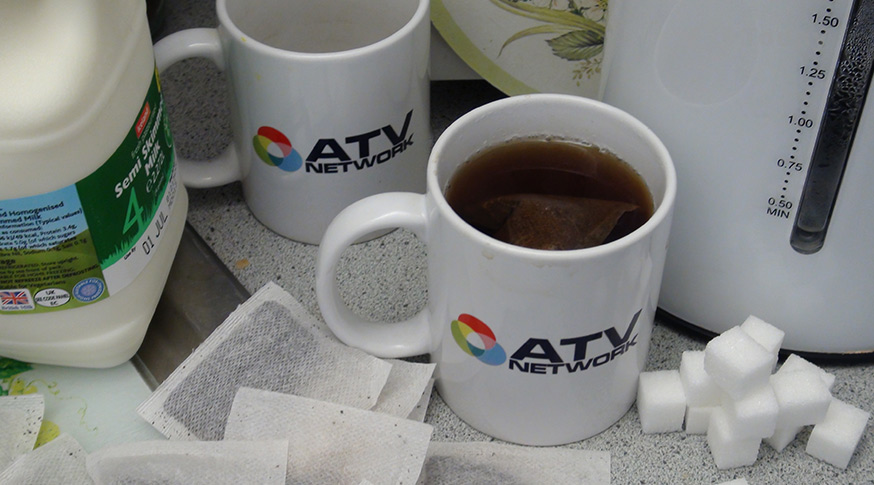Did you know that inefficient use of your refrigerator and freezer could be causing your household bills to soar by 30%?
The common kitchen habit that could be leading to a 30% increase in household bills in the UK is inefficient use of the refrigerator and freezer. Plumbworld, an expert in bathroom and kitchen appliances, offers practical tips that can significantly reduce your energy bills, helping to counteract the 30% increase caused by inefficient use of refrigerators and freezers.
A spokesperson from Plumbworld:
“Keeping your refrigerator and freezer coils clean is crucial for maintaining their efficiency. Dust and debris can accumulate on the coils, making it harder for the appliance to release heat and forcing it to use more energy to keep your food cold. A quick vacuum or brush-off of the coils every few months can help keep your appliance running smoothly and reduce your energy consumption. It’s also wise to check the condition of the door seals regularly. Worn or cracked seals allow cold air to escape, which makes your refrigerator or freezer work harder to maintain the desired temperature. Replacing any damaged seals can be a cost-effective way to prevent this energy loss and keep your energy bills in check.”
1. Frequent Opening of Refrigerator and Freezer Doors
Every time the refrigerator or freezer door is opened, cold air escapes and warm air enters, forcing the appliance to work harder to cool down again. This increases the frequency and duration of the compressor running, thus raising energy consumption. For example, if a refrigerator typically uses around 1 kWh of energy per day, frequent opening can increase this usage to about 1.2 kWh per day. Over a month, this seemingly small increase can add an additional £1.20 to the electricity bill, assuming an electricity cost of £0.20 per kWh.
2. Overstocking the Refrigerator and Freezer
Filling a refrigerator or freezer too full can obstruct the flow of cold air within the unit. This blockage forces the appliance to work harder to circulate air and maintain a uniform temperature, leading to increased energy use. If the normal energy use is about 1.5 kWh per day, poor circulation caused by overstocking could boost this figure to around 1.65 kWh per day. This change results in nearly £0.90 extra per month in energy costs.
3. Setting Too Low Temperatures
Setting the refrigerator or freezer temperatures lower than necessary significantly raises energy consumption. Lowering the temperature setting from an optimal 5°C to an overly cold 3°C can increase power usage by up to 10%. For a unit using 2 kWh daily, this adjustment could mean an extra 0.2 kWh per day, translating to an increase of about £1.20 on the monthly electricity bill.
4. Using Old or Inefficient Models
Older refrigerator and freezer models are less energy-efficient than their modern counterparts. An outdated model that consumes 3 kWh daily could be replaced by a newer, energy-efficient model using just 1.5 kWh. The additional 1.5 kWh daily usage by the older appliance equates to an extra £9 each month.
Mitigation Strategies:











